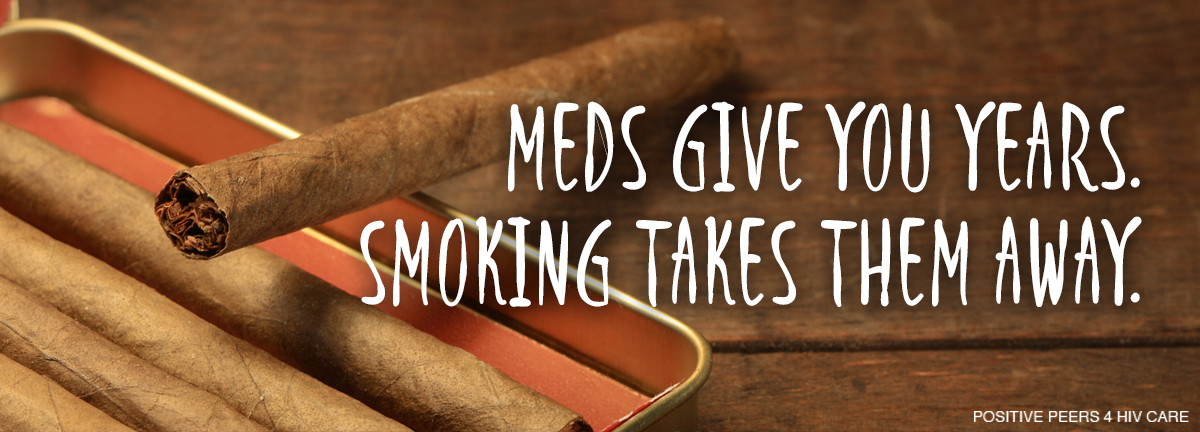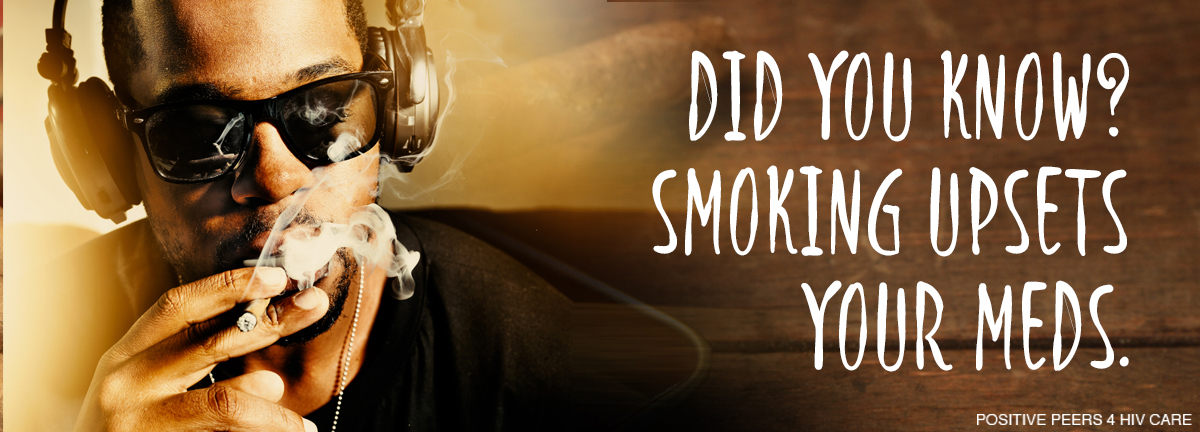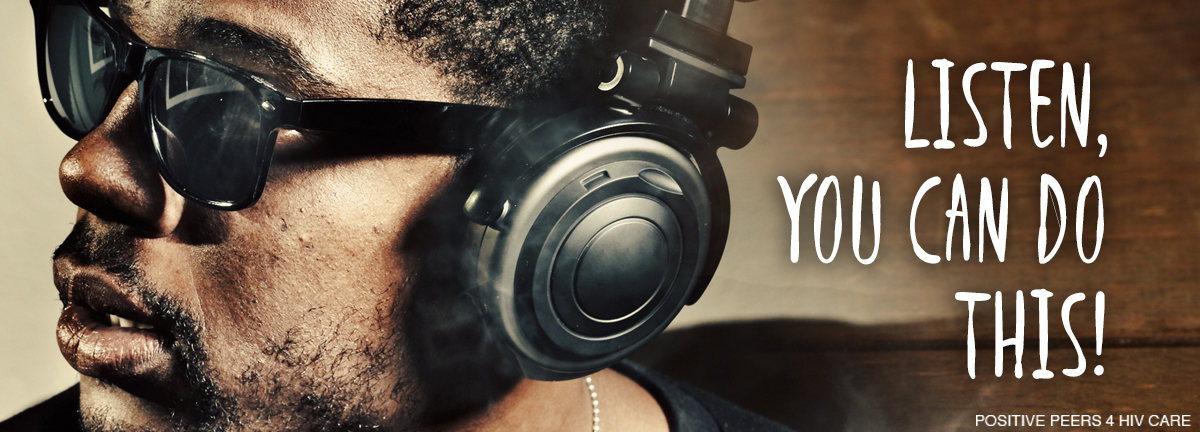Staying on your HIV meds adds years to your life. Smoking cigarettes subtracts from those years.

By: Ann K. Avery, MD, Infectious Disease Physician at MetroHealth Medical Center
The science is crystal clear: About one out of five Americans smokes cigarettes, and cigarettes cause about one out of five U.S. deaths, according to the Centers for Disease Control and Prevention (CDC). More than half of people living with HIV are smokers, so smoking and HIV treatment are a major challenge for your doctors.
Smoking damages your lungs and weakens your circulatory system, making you more prone to lung cancer, heart disease and stroke. But if you have HIV, you have even more trouble, because smoking makes it harder for anti-retroviral meds to do their job.
Anti-retroviral drugs help your immune system’s CD4 cells fight off the effects of an HIV infection. Somehow, smoking gets in the way of this process. One study found that while HIV can shorten people’s lives by five years, HIV and smoking combined can shorten people’s lives by 12 years.

The whole point of staying on your HIV meds is to help you live longer. Basically, smoking defeats that purpose. Not to mention, smoking decreases one’s quality of life while increasing the likelihood of consistent poor health.
Top Risks of Smoking When You’re HIV-Positive
According to the CDC, these are some of the diseases or conditions that often happen to HIV-positive people who smoke:
- Chronic obstructive pulmonary disease (COPD). It’s a mouthful to say, but it basically means you have blockages in your lungs that make it hard to breathe. Anything that damages your ability to breathe freely is bad for your overall health and fitness.
- Bacterial pneumonia. This infection attacks your lungs and threatens to drown you in your own bodily fluids.
- Cancers of the lungs, head and neck, cervix and anus. There are several more, of course, because smoking does so much long-term damage to the systems your body needs to survive.
Do I Have to Quit Smoking Right Now?
Of course, you should stop smoking right this minute, but let’s get real. Nicotine is one of the most addictive substances known to humanity. It hooks you just as bad as heroin or cocaine.
Come join our private, stigma-free, supportive community.
Health management tools with medication & appointment reminders.
Social networking in a community conversation & private chats.
It’s a tough habit to kick, and your doctors get that. But they also know there are proven ways to help people quit smoking. At first, your doctor will simply ask if you’ve thought about quitting smoking.
If you’re thinking now’s the time to kick cigarettes, your doctor will help you figure out how to do it. You can use treatments like patches, gums and inhalers to help fight off nicotine cravings. These are compatible with HIV meds but you might have some minor side effects (your doctor can outline them). You can also get counseling for the moral support you need to quit smoking.
The Importance of Achieving Extremely Difficult Goals
Few things in life are more difficult than overcoming a nicotine addiction. People can climb Mount Everest, earn a PhDs in astrophysics or get elected president of the United States — and still fail to quit smoking.
That’s how tough it is.
But when you finally defeat your nicotine addiction, you’ll know you’ve accomplished something truly difficult. And that’ll give you the confidence you need to stay healthy as long as you live. You can do this.

Positive Peers is made possible through a U.S. Department of Health and Human Services Health Resources and Services Administration, HIV/AIDS Bureau Special Projects of National Significance (SPNS) Grant to The MetroHealth System. Click here for more information about the SPNS grant initiative.
Positive Peers is a private app for young people living with HIV. Learn how you can earn rewards for your participation.
